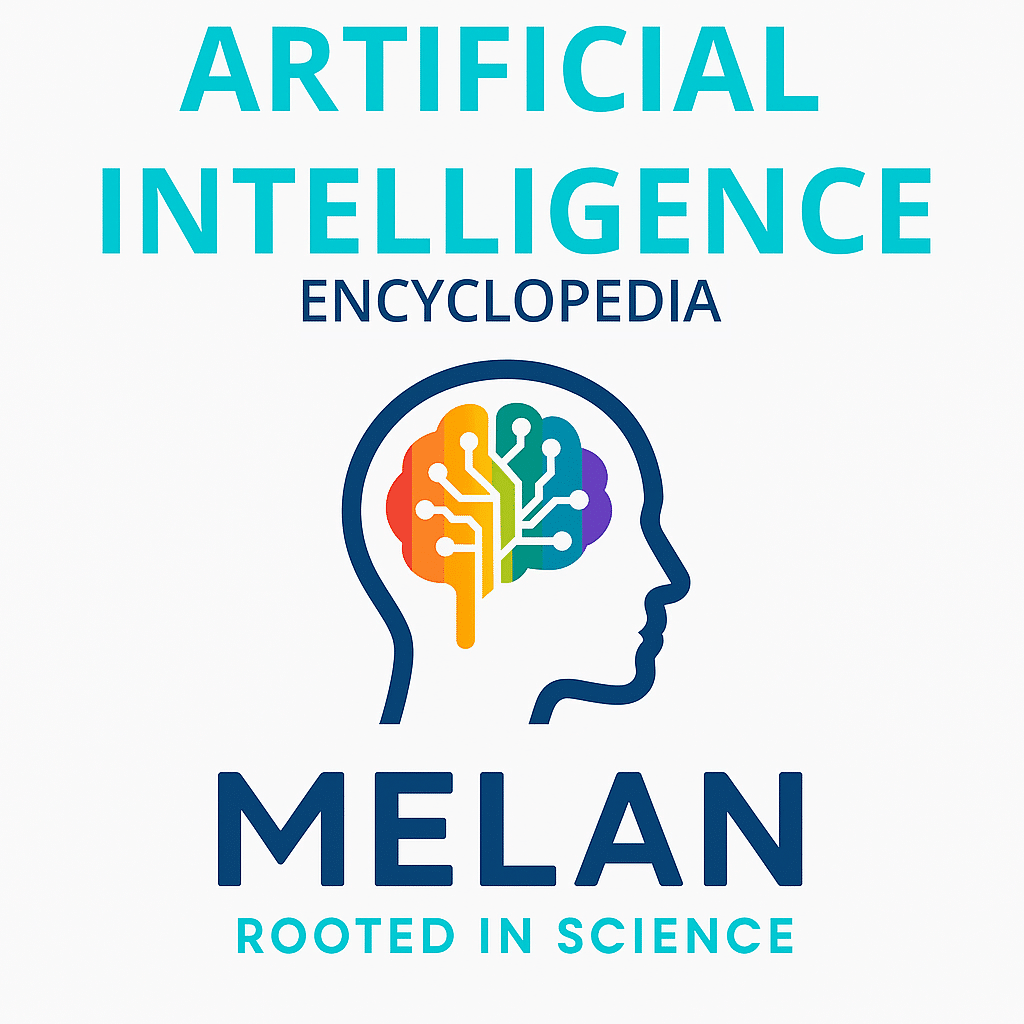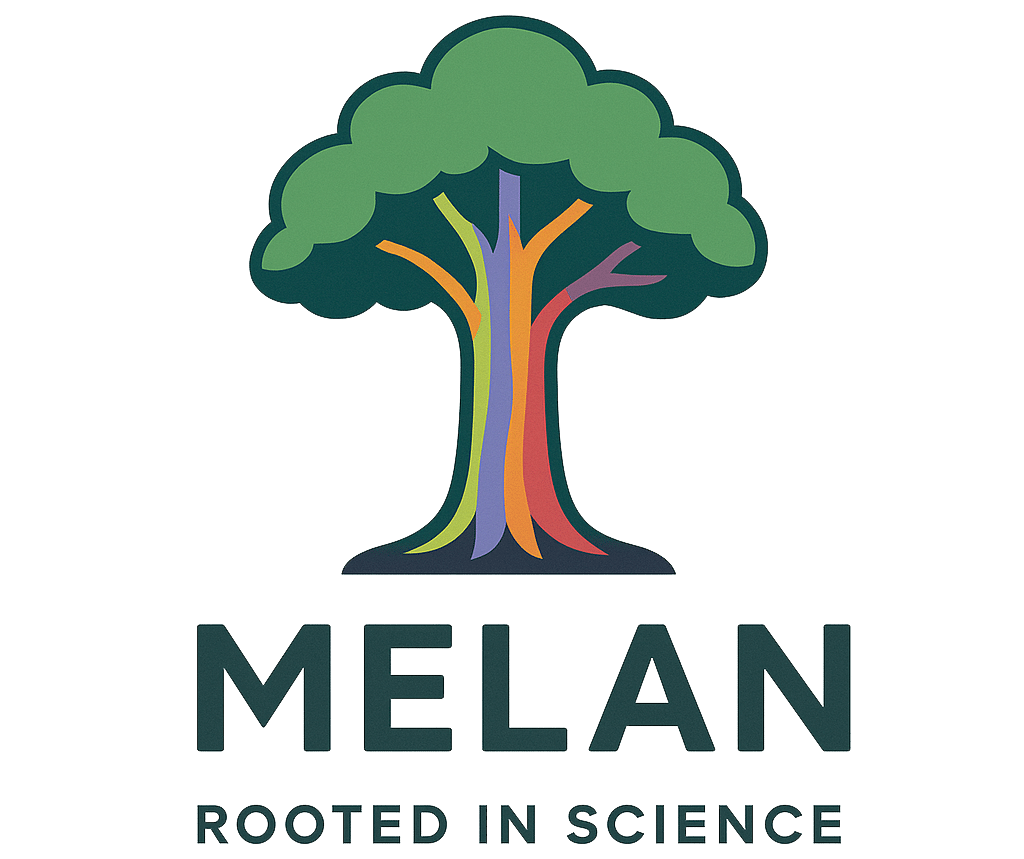Data Privacy refers to the protection and proper handling of personal information, encompassing individuals’ rights to control how their data is collected, stored, used, and shared by organizations. This concept includes both technical safeguards and legal frameworks that govern the processing of sensitive information, ensuring that personal data remains secure and is used only for legitimate purposes with appropriate consent and transparency.
Data Privacy
|
|
|---|---|
| Category | Information Security, Legal Framework |
| Subfield | Cybersecurity, Data Protection Law, Digital Rights |
| Key Principles | Consent, Transparency, Data Minimization, Purpose Limitation |
| Major Regulations | GDPR, CCPA, HIPAA, PIPEDA |
| Core Technologies | Encryption, Anonymization, Access Controls, Audit Trails |
| Sources: GDPR Official Portal, NIST Privacy Framework, International Association of Privacy Professionals | |
Other Names
Information Privacy, Personal Data Protection, Digital Privacy, Data Protection, Privacy Rights, Information Security, Confidentiality, Personal Information Protection
History and Development
Data privacy emerged as a concept in the 1960s when computer databases first enabled large-scale storage of personal information, prompting early concerns about surveillance and individual autonomy. Germany passed the world’s first data protection law in 1970, followed by Sweden in 1973 and the United States Privacy Act in 1974. The field evolved significantly with the internet’s growth in the 1990s, leading to sector-specific laws like HIPAA for healthcare in 1996. The European Union’s Data Protection Directive in 1995 established comprehensive privacy principles that influenced global standards. The modern era began with the EU’s General Data Protection Regulation (GDPR) in 2018, which created strict requirements for data processing and sparked similar laws worldwide, including California’s CCPA in 2020 and numerous national privacy frameworks.
How Data Privacy Works
Data privacy operates through a combination of legal requirements, technical controls, and organizational policies that govern the entire data lifecycle. Organizations must obtain explicit consent before collecting personal information and clearly explain how data will be used. Technical safeguards include encryption to protect data in transit and storage, access controls that limit who can view sensitive information, and anonymization techniques that remove identifying details. Privacy by design principles require organizations to build data protection into systems from the beginning rather than adding it later. Individuals have rights to access their data, request corrections, and demand deletion in many jurisdictions. Regular audits and compliance monitoring ensure organizations follow privacy requirements and quickly identify potential violations.
Variations of Data Privacy
Personal Data Privacy
Protection of individually identifiable information including names, addresses, social security numbers, and online identifiers, governed by comprehensive laws like GDPR and enforced through individual rights and regulatory oversight.
Sectoral Privacy Protection
Industry-specific privacy frameworks such as HIPAA for healthcare, FERPA for education, and GLBA for financial services that address unique risks and requirements within particular sectors while providing specialized protections.
Differential Privacy
Mathematical approach that adds carefully calibrated noise to datasets to protect individual privacy while preserving statistical utility, commonly used by tech companies for research and analytics without exposing personal information.
Real-World Applications
Data privacy protections safeguard medical records in healthcare systems, ensuring patient information remains confidential while enabling necessary treatment and research. Financial institutions use privacy controls to protect customer account details, transaction histories, and credit information from unauthorized access and misuse. Social media platforms implement privacy settings that allow users to control who sees their posts, photos, and personal information. E-commerce websites protect customer payment data, purchase histories, and personal preferences through secure processing and storage systems. Government agencies apply privacy frameworks to citizen data in tax records, voting systems, and public services while balancing transparency and individual protection needs.
Data Privacy Benefits
Data privacy protections give individuals control over their personal information, enabling them to make informed decisions about sharing data and reducing risks of identity theft and financial fraud. Strong privacy practices build consumer trust in businesses and digital services, encouraging participation in the digital economy. Privacy safeguards prevent discrimination by limiting how personal characteristics can be used for employment, insurance, and lending decisions. They also protect vulnerable populations from exploitation and harassment by restricting access to sensitive information. Organizations benefit from reduced legal liability, improved security postures, and competitive advantages through demonstrated commitment to protecting customer information.
Risks and Limitations
Technical Implementation Challenges
Data privacy protection faces significant technical hurdles including the difficulty of completely anonymizing data while preserving its utility, challenges in implementing privacy controls across complex IT systems, and the ongoing risk of data breaches despite security measures. Legacy systems often lack built-in privacy protections, requiring expensive retrofitting or replacement to meet modern privacy standards.
Cross-Border Data Transfer Complications
International data transfers create complex compliance challenges as different countries have varying privacy laws and requirements. The EU’s restrictions on transferring personal data to countries without adequate protection levels have disrupted business operations and created legal uncertainty. Companies struggle with determining which laws apply when processing data across multiple jurisdictions.
Regulatory Compliance and Enforcement Issues
The proliferation of privacy laws creates a complex compliance landscape where organizations must navigate multiple, sometimes conflicting requirements across different jurisdictions. Major regulations like GDPR impose substantial fines for violations, with penalties reaching billions of dollars for tech companies. The California Consumer Privacy Act (CCPA) and its amendment CPRA have created additional compliance burdens for businesses operating in the United States.
Industry Resistance and Economic Pressures
Technology companies and data brokers have resisted comprehensive privacy regulations, arguing they stifle innovation and increase costs. Advertising industry lobbying has influenced policy development, seeking to maintain data collection practices that enable targeted advertising. These regulatory changes stem from legal pressure following major data breaches affecting millions of users, market demands from consumers increasingly concerned about privacy violations and data misuse, reputation management after high-profile privacy scandals, and investor concerns about regulatory risk and litigation exposure.
Stakeholder Conflicts and Implementation Barriers
Privacy advocates, consumer protection agencies, civil liberties organizations, and affected individuals drive policy development for stronger data protection, while technology companies, advertisers, and data analytics firms often oppose strict regulations. Government agencies balance law enforcement needs with privacy protection, creating tensions between security and individual rights. The intended outcomes include giving individuals meaningful control over their personal data, reducing unauthorized surveillance and data misuse, preventing discriminatory practices based on personal information, and establishing clear legal frameworks for responsible data processing. Initial evidence shows increased corporate investment in privacy compliance programs, development of privacy-enhancing technologies, growing user awareness of privacy rights, and substantial regulatory fines for violations, though comprehensive impact assessment continues as new laws are implemented and refined.
Current Debates
Global Privacy Standards vs. National Sovereignty
Countries debate whether to adopt common international privacy standards or maintain distinct national approaches that reflect local values and legal traditions. The EU pushes for global adoption of GDPR-like standards, while countries like China and Russia develop privacy frameworks that prioritize state access to data over individual rights.
Artificial Intelligence and Automated Decision-Making
Regulators and technologists debate how privacy laws should address AI systems that make automated decisions about individuals using personal data. Questions include whether people have rights to explanation for algorithmic decisions, how to handle AI bias that affects protected groups, and what consent means for machine learning systems that continuously learn from data.
Children’s Online Privacy and Age Verification
Policymakers struggle with protecting children’s privacy online while avoiding overly restrictive age verification systems that could harm adult privacy and free speech. Debates center on the effectiveness of parental consent mechanisms, the appropriate age thresholds for different online activities, and how to balance child protection with practical implementation challenges.
Workplace Surveillance and Employee Privacy
The shift to remote work has intensified debates about employee privacy rights versus employer monitoring needs. Questions arise about the limits of acceptable workplace surveillance, notification requirements for employee monitoring systems, and how to balance productivity measurement with personal privacy in home work environments.
Health Data and Research Access
Medical researchers and privacy advocates debate how to enable valuable health research while protecting patient privacy. Discussions focus on the adequacy of current anonymization techniques, the role of patient consent in secondary research uses, and how to share health data across institutions for public health benefits without compromising individual privacy.
Media Depictions of Data Privacy
Movies
- The Social Network (2010): Mark Zuckerberg’s (Jesse Eisenberg) creation of Facebook raises early questions about personal information sharing and privacy in social media, foreshadowing later privacy controversies
- Snowden (2016): Edward Snowden (Joseph Gordon-Levitt) exposes government surveillance programs that violate data privacy, exploring the tension between national security and individual privacy rights
- The Great Hack (2019): Documentary examining the Cambridge Analytica scandal and how personal data was harvested from Facebook users for political manipulation, highlighting data privacy violations
- Enemy of the State (1998): Will Smith’s character faces comprehensive surveillance that violates his privacy, demonstrating how personal data and tracking technologies can be misused by powerful entities
- Her (2013): Theodore’s (Joaquin Phoenix) intimate relationship with an AI operating system raises questions about emotional privacy and the boundaries between personal thoughts and data collection
TV Shows
- Black Mirror: Multiple episodes explore data privacy themes, including “Nosedive” where social credit systems track personal behavior and “USS Callister” where personal data is used to create digital copies without consent
- Mr. Robot (2015-2019): Elliot Alderson (Rami Malek) fights against corporate data collection and surveillance, highlighting how personal information is weaponized by large corporations
- Person of Interest (2011-2016): The Machine collects vast amounts of personal data through surveillance systems, examining the trade-offs between privacy and security in preventing violent crimes
- Years and Years (2019): BBC series depicting a near-future where personal data and privacy rights are eroded by technological advancement and political manipulation
Books
- The Age of Surveillance Capitalism (2019) by Shoshana Zuboff: Comprehensive analysis of how tech companies extract personal data as raw material for behavioral prediction products, fundamentally altering the relationship between individuals and their information
- Data and Goliath (2015) by Bruce Schneier: Examines how governments and corporations collect personal data on an unprecedented scale and the implications for individual privacy and democratic society
- The Circle (2013) by Dave Eggers: Dystopian novel about a tech company that eliminates privacy in favor of total transparency, exploring the consequences of voluntary surveillance and data sharing
- Weapons of Math Destruction (2016) by Cathy O’Neil: Analyzes how algorithmic systems using personal data create discrimination and reinforce inequality, highlighting the privacy and fairness implications of data-driven decision-making
Games and Interactive Media
- Watch Dogs series (2014-present): Players hack into personal data systems and surveillance networks, demonstrating how personal information can be exploited while raising awareness about digital privacy vulnerabilities
- Papers, Please (2013): Immigration inspector game where players must balance security requirements with personal privacy, exploring the tension between safety and individual rights in data collection
- Orwell (2016): Surveillance thriller where players investigate citizens by accessing their personal data, highlighting the invasive nature of modern data collection and the ethical implications of privacy violations
Research Landscape
Current research focuses on developing privacy-enhancing technologies that enable data analysis while protecting individual privacy, including advanced encryption methods, secure multi-party computation, and homomorphic encryption that allows computation on encrypted data. Scientists are working on improved anonymization techniques that resist re-identification attacks and synthetic data generation that preserves statistical properties without exposing real individuals. Cross-border data governance research aims to develop frameworks for international data sharing that respect different privacy laws and cultural values. Emerging areas include privacy in Internet of Things devices, blockchain privacy technologies, and quantum-resistant cryptographic methods for future data protection.
Selected Publications
- AI Patents Block Life-Saving Drug Discovery
- What is Artificial Intelligence (AI)?
- 60 ChatGPT Prompts for Writing Ad Copy Fast
- What is Digital Marketing?
- Build a Powerful Content Marketing Strategy for Your Wellness Beauty Brand
- What is a “personal hardship” flag in Google Merchant Center?
- Mycorrhizal symbioses and tree diversity in global forest communities
- What is Schema Markup?
- SEO is Outdated, Optimize Your Website for AI
- Google Personal Hardship Alerts Get It Wrong and Mislabel Products
- New case law and liability risks for manufacturers of medical AI
- Stop Training Google to Steal Your Patients with 3rd-Party Analytics
- When Google Misunderstands Your Business and You Rank for Irrelevant Keywords
- Why Does AI Struggle with Context Cues in Language?
- Hello world!
Frequently Asked Questions
What exactly is data privacy?
Data privacy is your right to control how your personal information is collected, used, stored, and shared by companies and organizations, including the ability to know what data they have about you and to request its deletion.
How does data privacy affect my daily life?
Data privacy laws give you rights over your personal information used by websites, apps, retailers, healthcare providers, and financial institutions, affecting everything from targeted advertising to credit decisions and medical care.
What can I do to protect my data privacy?
You can review and adjust privacy settings on social media and apps, read privacy policies before sharing information, use strong passwords and two-factor authentication, limit personal information sharing, and exercise your legal rights to access or delete your data.
How do data privacy laws like GDPR affect companies?
These laws require companies to obtain clear consent before collecting personal data, provide transparency about data use, implement security measures to protect information, and face significant fines for violations, fundamentally changing how businesses handle customer information.
Is my data really private when companies say it’s anonymized?
Anonymization can be imperfect, and research shows that supposedly anonymous data can often be re-identified when combined with other information sources, so it’s important to understand the limitations of anonymization techniques and advocate for stronger privacy protections.


